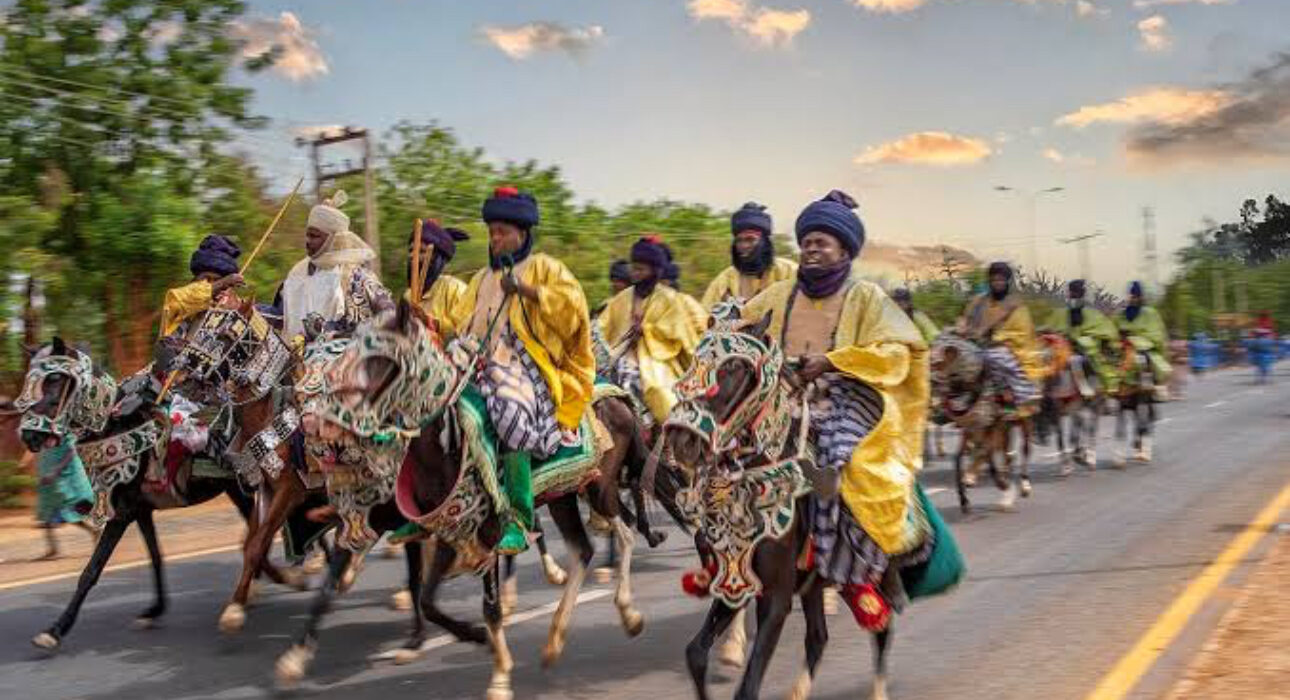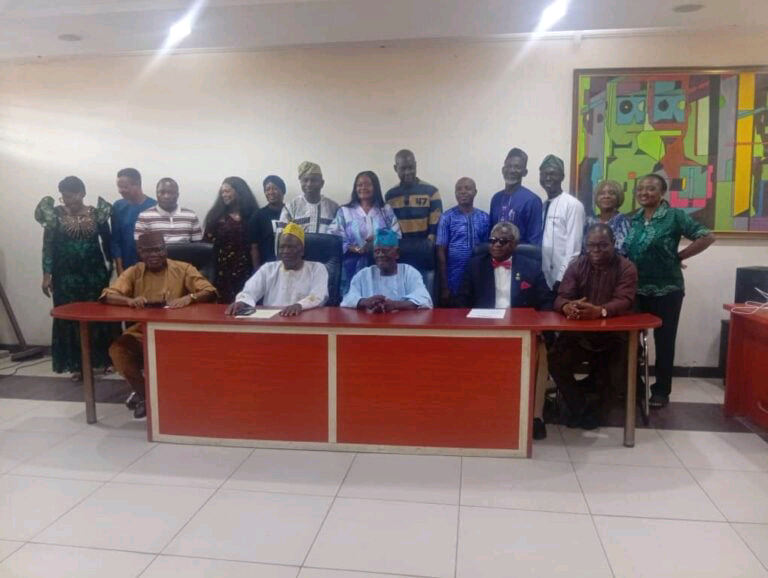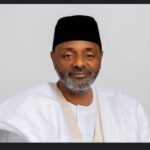Kano State Demands Compensation from FG Over Durbar Cancellation

The Kano State Government has formally demanded compensation from the Federal Government following the abrupt cancellation of the traditional Durbar celebrations during the recent Eid-el-Kabir festivities.
The state argues that the cancellation, which was enforced by federal security agencies, led to significant cultural and economic losses.
The Durbar, a colorful and ancient equestrian festival deeply rooted in Kano’s Islamic and cultural traditions, was scheduled to be held as part of the annual Sallah celebrations.
It typically draws thousands of locals and tourists and is considered a major event in northern Nigeria’s cultural calendar. However, the festivities were called off amid a tense standoff between rival emirs and concerns over public safety.
In an official statement issued by the Kano State Ministry of Information, the state government accused federal security agencies of “overreaching” by ordering the cancellation of the Durbar. According to the statement, the decision to halt the festival was made without proper consultation and resulted in widespread disappointment, financial losses, and reputational damage for the state.
“This abrupt cancellation, which came after months of planning and preparations, not only disrupted a long-standing cultural heritage but also inflicted economic losses on the state’s tourism sector, local artisans, event organizers, and countless small businesses that depend on the Durbar season for income,” the statement read.
Tensions leading up to the cancellation had been mounting following the reinstatement of Emir Muhammadu Sanusi II by Governor Abba Kabir Yusuf and the removal of Emir Aminu Ado Bayero, a move that sparked legal challenges and public unrest. As both claimants to the throne attempted to assert their authority, the Federal Government deployed security forces to Kano and imposed a restriction on public gatherings, including the Durbar processions.
Kano’s government maintains that the Durbar could have been held peacefully and insists that the blanket ban was an overreaction. Governor Yusuf’s administration is now seeking financial compensation to offset the costs incurred by the sudden halt of the festivities and the broader economic impact on the city.
While the government has not disclosed a specific compensation figure, sources within the administration suggest that consultations are ongoing and that an official request will soon be forwarded to Abuja.
The Federal Government has not yet publicly responded to the demand, but analysts suggest the situation could escalate into a larger debate over the balance of power between federal and state authorities—especially in matters of cultural significance and public order.
Local stakeholders have also weighed in, with tourism operators, traditional council members, and civic groups voicing frustration over the cancellation.
Many argue that the Durbar, beyond its religious and traditional importance, plays a vital role in promoting unity, economic activity, and cultural pride in the region.
The 2025 Eid-el-Kabir Durbar was expected to be particularly symbolic, as it would have marked Emir Sanusi’s ceremonial return after his controversial dethronement in 2020.
The cancellation has not only delayed that public moment but also deepened the political divisions within the state.
As Kano presses its case for compensation, it remains to be seen how the Federal Government will respond—and whether a peaceful resolution can be reached that preserves both Nigeria’s federal balance and its cultural heritage.








